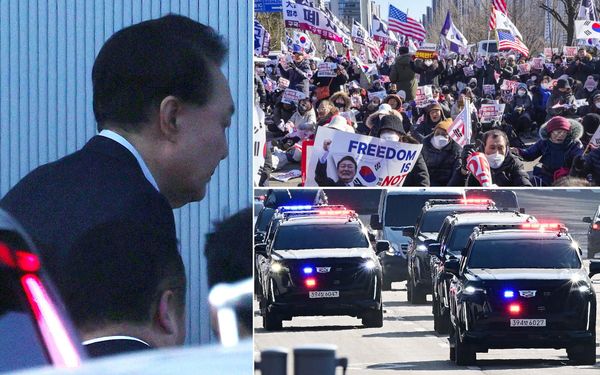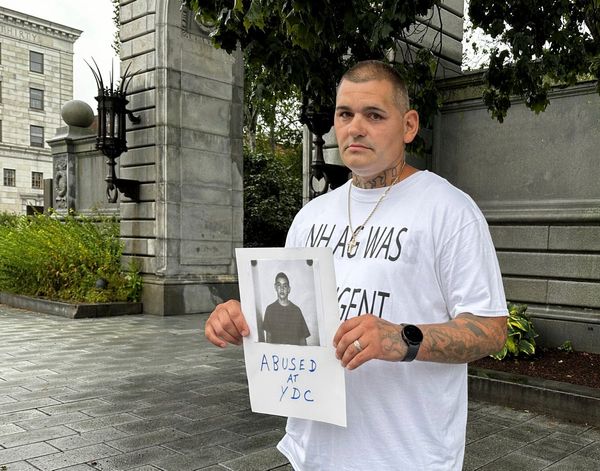The truth is more interesting than the fiction in "The Best of Enemies," a well-crafted but only semi-convincing drama about a fascinating chapter in civil rights history.
Set in Durham, N.C., in 1971, the film zeros in on a small problem that becomes a major issue: A local black school has been damaged by fire, and the town must now decide whether to put those students in the white school. Into the fray step two prominent locals: Ann Atwater (Taraji P. Henson), a civil rights activist with a hot temper (we first see her smacking a politician with his own phone), and C.P. Ellis (Sam Rockwell), the taciturn president of the local Ku Klux Klan. Imagine their surprise when they're nominated as co-chairs of a committee created to find a solution.
You couldn't ask for better actors than Henson and Rockwell, both quite fine in their roles, but the unusual committee _ known as a charrette _ is the real star of the film. A 10-day forum with local citizens whose decision will become law, the charrette is introduced by an educated outsider, Bill Riddick (Babou Ceesay). The best moments in "The Best of Enemies" happen here, as when a citizen, Howard Clement (Gilbert Glenn Brown), responds to Ellis' racist rant with unexpected praise: "He's the only honest man in here. He hates me, and he just told me why."
Written and directed by Robin Bissell, and inspired by Osha Gray Davidson's nonfiction book, "The Best of Enemies" shines during the meetings but drifts into formula when it tries to create a narrative arc. As Ellis' hard-line begins to soften, danger rears its head in the form of suspicious Klan colleagues (including Wes Bentley as the smirking Floyd Kelly). An act of kindness from Atwater prompts a transgressive visit from Ellis' wife, Mary (Anne Heche). These familiar beats serve their function but don't offer much insight into the characters or into the complicated issues at the heart of racism.
"The Best of Enemies" touches on those issues only glancingly. As a result, the climactic moment in which Ellis renounces white supremacy arrives a little suddenly and without enough information. What prompted such an utterly radical change? In a 1999 interview with his local newspaper, Ellis explained that he eventually realized poor whites had the same problems as blacks: housing, employment, fair wages, self-respect. What, he asked, "had I spent all my life fighting people like Ann for?"







